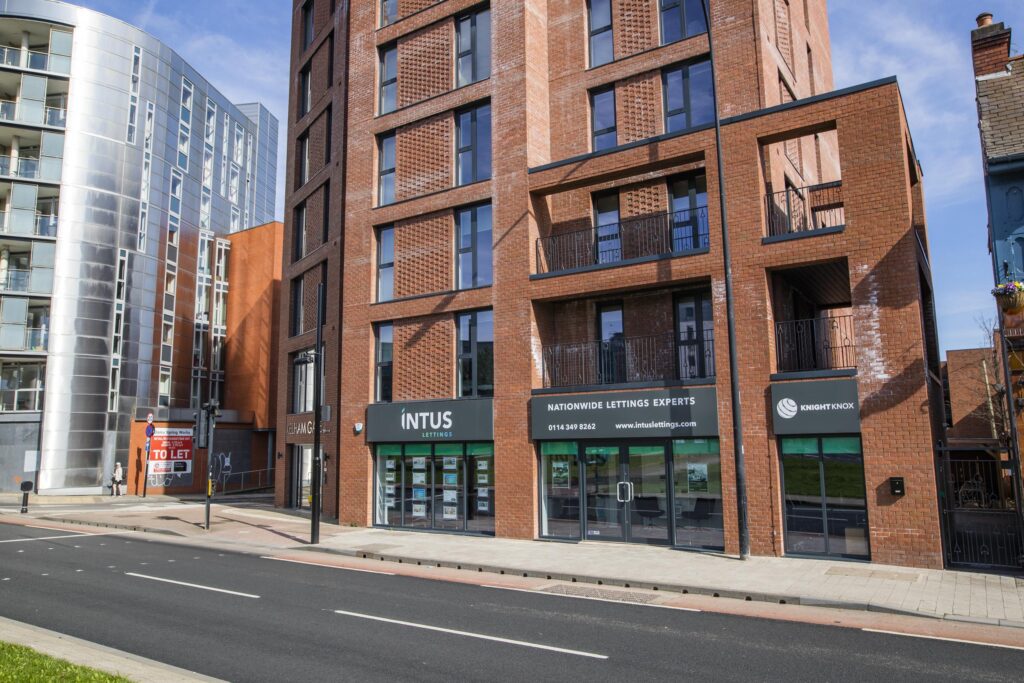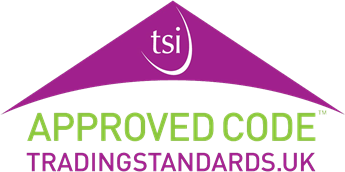
Throughout the first quarter of 2021, numerous legislation changes have occurred in the lettings industry.
New standard tenancy agreement to help renters with well-behaved pets:
Responsible tenants with well-behaved pets will be able to secure leases more easily through the new Model Tenancy Agreement announced by the government in January 2021.
Under the new Model Tenancy Agreement, announced by Housing Minister Rt Hon Christopher Pincher MP, landlords will no longer be able to issue blanket bans on pets.
Instead, consent for pets will be the default position, and landlords will have to object in writing within 28 days of a written pet request from a tenant and provide a good reason.
Debt Respite Scheme to freeze rent arrears enforcement action:
The Debt Respite Scheme, approved by Parliament in October 2020, will come into force on 4 May 2021 to help people who are in debt, which includes rent arrears, to help better manage finances, seek professional debt service advice and reach sustainable solutions.
The Breathing Space Moratorium and Mental Health Crisis Moratorium (England and Wales) Regulations 2020 will pause enforcement action from creditors, such as letting agents and landlords, and freezing charges, fees and certain interest on qualifying debts for up to 60 days.
There is also an alternative way into the scheme for people receiving mental health crisis treatment. A mental health crisis moratorium lasts as long as a person’s mental health crisis treatment, plus 30 days.
A Breathing Space moratorium can only be accessed once every 12 months, but there is no limit to the number of times that an individual can enter a mental health crisis moratorium.
A Breathing Space can only be started by a debt advice provider who is authorised by the Financial Conduct Authority (FCA) to offer debt counselling or local authority (where they provide debt advice to residents).
Further extension to ban on evictions in England:
The housing Secretary announced a further extension to the ban on bailiff-enforced evictions and the requirement for landlords to provide six-month notice periods to tenants before they evict.
The new extension will now be in place until 31 May 2021. The UK Government outlines that measures will be kept under review in line with the latest public health advice.
The UK Government will consider the best approach to move away from emergency protections from the beginning of June, taking into account public health advice and the wider roadmap.
Exemptions remain in place for the most serious circumstances that cause the greatest strain on landlords as well as other residents and neighbours, these include:
- illegal occupation
- false statement
- anti-social behaviour
- where a property is unoccupied following the death of a tenant
- extreme rent arrears
The requirement for landlords to provide six-month notice periods to tenants before they evict will also be extended until at least 31 May 2021, meaning that most renters now served notice can stay in the property until at least December 2021.
Councils also have access to an existing £180 million of funding through Discretionary Housing Payments which can be distributed to renters to support them with their housing costs.
The Court rules and procedures introduced in September will remain in place and regularly reviewed, with courts continuing to prioritise the most cases, such as those involving anti-social behaviour, illegal occupation and perpetrators of domestic abuse.
For claims issued before 3 August 2020, the service of a reactivation notice has been extended to 30 April 2021.




